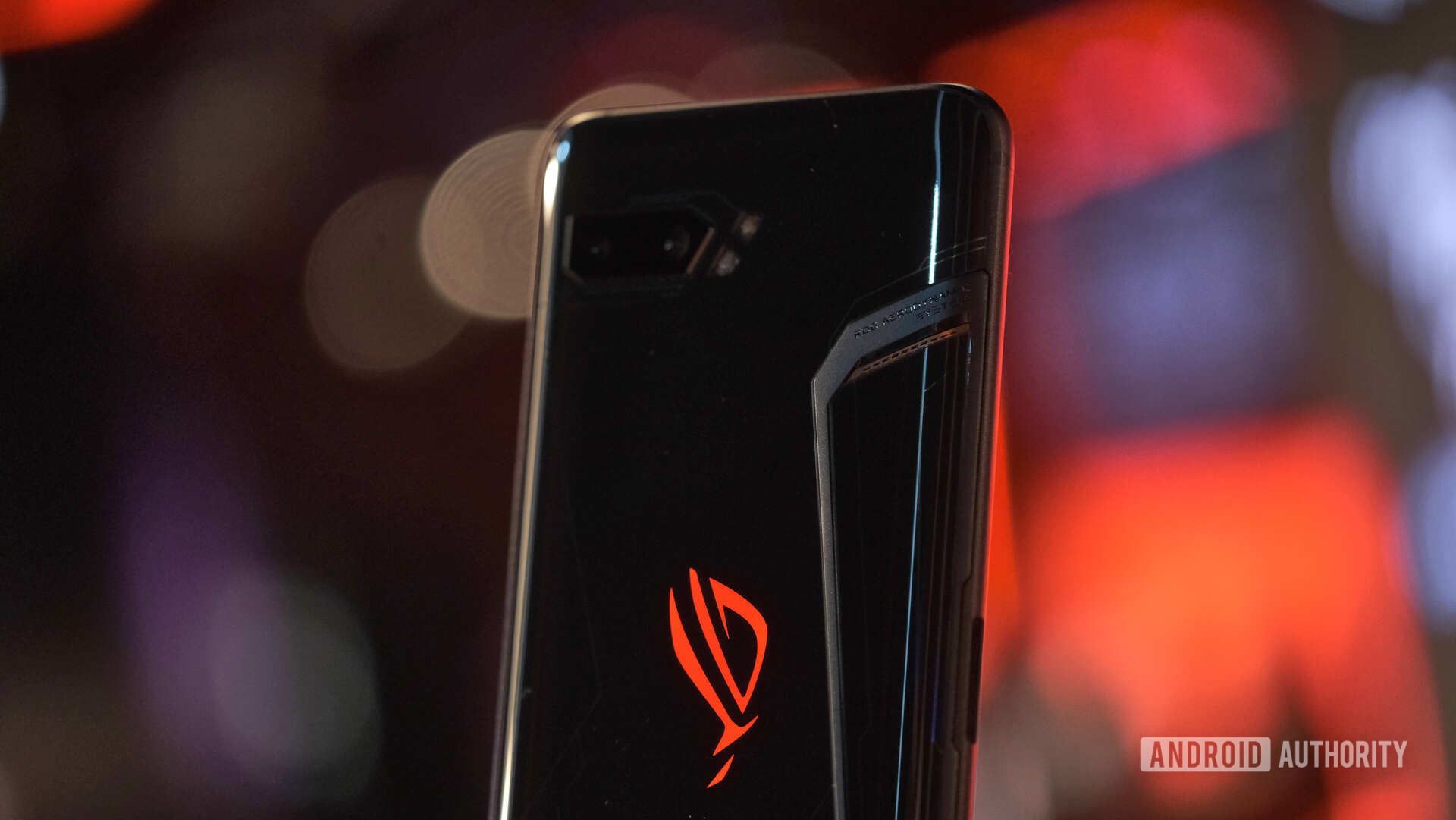
The last few years have seen the emergence of gaming phones. These devices have brought features like high refresh rate displays, huge batteries, and even air triggers to your device, with the hope that they’ll help you score an extra kill in the latest mobile esport title. But to keep up with all the features gaming phones want to tout, SoC manufacturers have to step in.
This started primarily with a custom overclocked Qualcomm Snapdragon 845 in the Asus ROG Phone, boosting the performance of the then-flagship chipset. But once other manufacturers wanted in, it quickly spiraled into its own mass-marketed offering.
We’ve seen several overclocked variants from Qualcomm already, notably the Snapdragon 855 Plus and Snapdragon 765G. These chips have boosted CPU and GPU performance to bring more frames to mobile games. Now Qualcomm is overclocking an already overclocked chip with the Snapdragon 768G.
What to make of Snapdragon 768G?
Much like the 765G, the Snapdragon 768G improves on the model before it by bumping the clock speed of various parts of the chip. In particular, the 768G has boosted the clock speed of the Prime Core from 2.4Ghz to 2.8Ghz and boosted the Adreno 620 GPU by up to 15%. This is a similar gain in GPU performance from the 765 to 765G, which has a performance delta of about 20%, but the CPU Prime Core boost is also particularly notable.
The 768G will also feature the other benefits from the 765 and 765G, including an integrated 5G modem, Qualcomm’s fifth-generation AI engine, and Qualcomm’s Elite Gaming features.
The first smartphone to use this new chip is the newly announced Redmi K30 5G Racing Edition. The phone will take advantage of the chip’s 5G capabilities, sport a 120Hz display, and a 64MP camera. You can find out pricing and other details over here.
We’re sure to see more devices utilizing this chip in the future, as it currently sits atop Qualcomm’s mid-range product line. It’s an attractive proposition given the fact that it has an integrated 5G modem, it’s easier to integrate, will have better battery life, and is likely cheaper than the flagship Snapdragon 865. Though it doesn’t support features like two-gigapixel per second image processing and some other marquee features, it’s likely to be a popular option for future gaming phones.
More posts about Qualcomm
from Android Authority https://ift.tt/2LgQzu7










0 comments: